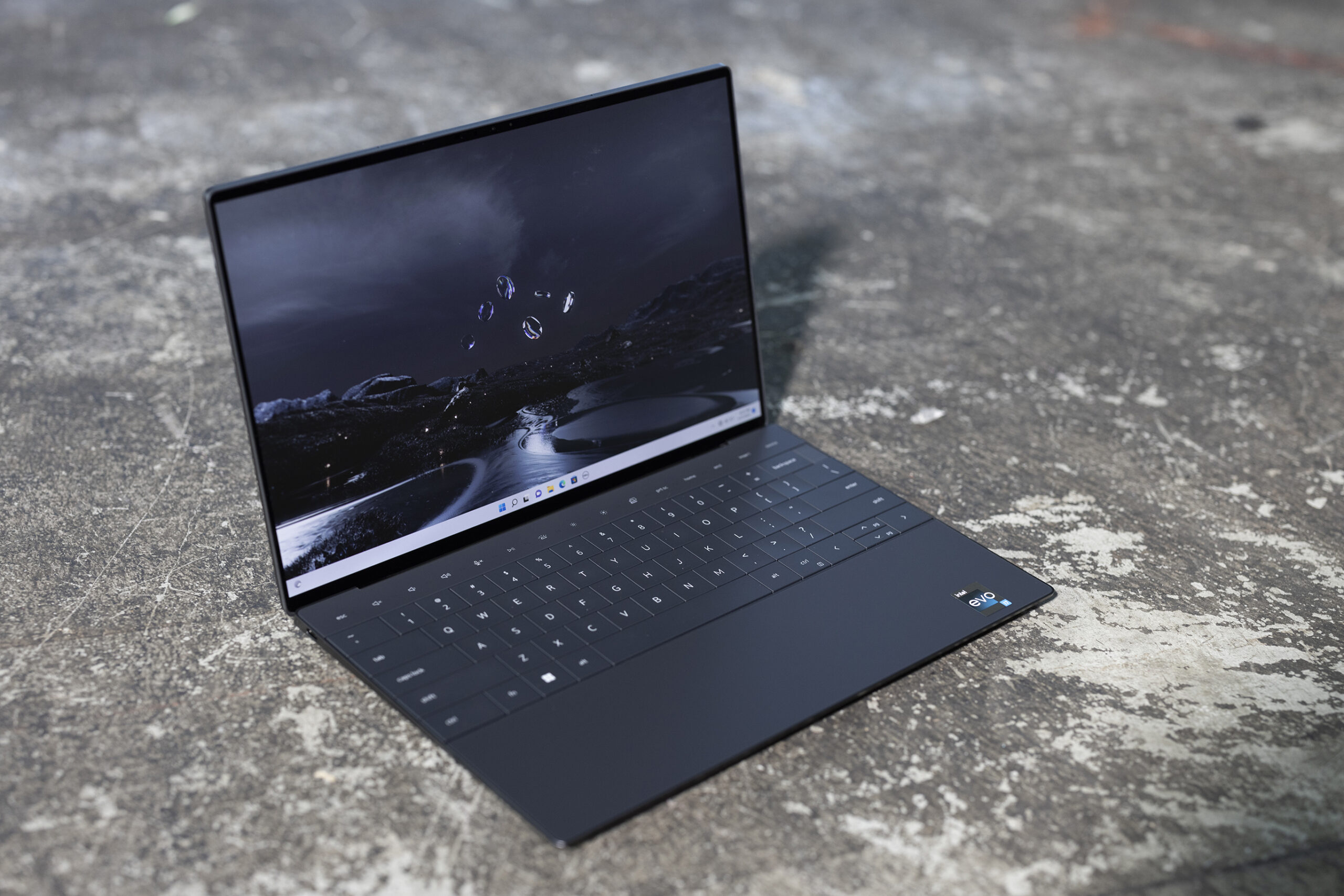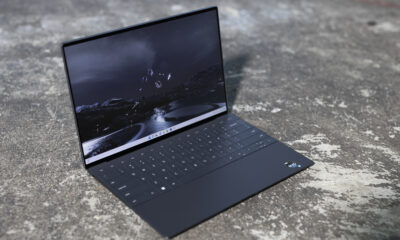Education
Top 5 Laptops for Engineering Students: Power Meets Portability

Choosing the right laptop is crucial for engineering students, who often navigate demanding software and tight deadlines. The best laptops for this field must balance power, portability, and battery life to support tasks such as CAD, simulations, and coding. Based on extensive testing, here are the top five laptops recommended for engineering students in March 2024.
Asus Zenbook 14 OLED – Best Overall
The Asus Zenbook 14 OLED stands out as the top choice due to its remarkable power and portability. Equipped with an AMD Ryzen 7 processor, this laptop efficiently handles demanding applications without lagging, even with multiple tabs open. The 14-inch, 1920×1200 OLED touchscreen enhances the visual experience, making design work vivid and engaging.
Battery performance is particularly impressive, lasting over 16 hours during testing, making it suitable for a full day of classes. Weighing just 2.82 pounds and measuring 0.59 inches in thickness, it is easy to carry between lectures. While the keyboard may not be the most spacious, it remains comfortable for daily use. At a price of approximately $728, it delivers excellent value for engineering students.
Acer Aspire Go 15 – Best Budget Option
For those on a tighter budget, the Acer Aspire Go 15 offers solid performance for basic tasks. Featuring an Intel Core i3-N305 processor, it adeptly manages browsing and video streaming, making it suitable for note-taking and light coding. Surprisingly, the battery lasts around 12 hours under typical usage conditions.
The laptop includes versatile connectivity options such as USB-A, USB-C, and HDMI, facilitating easy connections to external devices. While its plastic build may feel less robust, it serves well for general coursework at an affordable price point of under $500.
HP OmniBook 5 14 – Best Battery Life
The HP OmniBook 5 14 is designed for students who require extended battery life. It boasts an impressive 25 hours of usage on a single charge, ideal for long study sessions. The fast-charging feature allows the battery to reach 50 percent in just 30 minutes, providing convenience for busy schedules.
Powered by a Snapdragon X Plus chip, paired with 32GB of RAM and 1TB of SSD storage, this laptop excels in efficiency, though it may not match the speed of more powerful models. The 14-inch OLED display delivers vibrant colors, enhancing the user experience. Weighing 2.98 pounds, it combines portability with long-lasting performance, making it a strong contender for engineering students.
Acer Nitro V 16 – Best for Work and Gaming
For students who want versatility in both academic and recreational activities, the Acer Nitro V 16 offers a compelling solution. Featuring a Ryzen 7 CPU and an RTX 4060 GPU, it supports 3D modeling and gaming efficiently. The 16-inch, 1920×1200 display with a 165Hz refresh rate provides smooth visuals for gaming.
Despite its gaming-oriented design, which includes orange backlit keys, the laptop’s battery life averages around four hours, which may be a drawback for some. The keys might feel less responsive, but it remains a robust option for those balancing work and play.
Microsoft Surface Pro (2025) – Best Ultraportable
The Microsoft Surface Pro (2025) shines as an ultraportable option for students frequently on the go. Weighing just over a pound, it is easy to carry throughout a busy day. The device features a Snapdragon X Plus processor and Intel Arc 130V graphics, enabling a quiet, fanless operation, perfect for quiet environments like libraries.
The 12-inch display with a resolution of 2196×1464 offers sharp visuals and touchscreen capabilities, allowing for easy note-taking and drawing. Battery life can vary significantly, ranging from two to three hours under heavy loads to up to 19 hours with light use. Connectivity is limited to two USB-C ports, so students may need to invest in additional accessories.
Additional Notable Mentions
While these laptops lead the pack, several others also merit consideration. The Dell 14 Premium ($2,049.99) is a strong performer for daily tasks but falls short in battery life. The Lenovo Legion 5i 15IRX10 ($1,199) is a gaming powerhouse with a stunning display, though it comes with a complex pricing structure. For basic tasks, the Asus Chromebook CX15 ($159) is an economical choice, despite its slower performance.
When selecting a laptop, students should consider factors such as processor power, RAM, storage capacity, and battery life to ensure their device can handle the demands of engineering courses. A solid recommendation is to aim for at least an Intel Core i5 or Ryzen 5 processor, along with a minimum of 16GB of RAM and 512GB SSD storage for optimal performance.
Ultimately, the right laptop can significantly enhance the educational experience for engineering students, supporting their academic and creative endeavors.
-

 Technology4 months ago
Technology4 months agoDiscover the Top 10 Calorie Counting Apps of 2025
-

 Health2 months ago
Health2 months agoBella Hadid Shares Health Update After Treatment for Lyme Disease
-

 Health3 months ago
Health3 months agoErin Bates Shares Recovery Update Following Sepsis Complications
-

 Technology3 weeks ago
Technology3 weeks agoDiscover 2025’s Top GPUs for Exceptional 4K Gaming Performance
-

 Technology4 months ago
Technology4 months agoDiscover How to Reverse Image Search Using ChatGPT Effortlessly
-

 Technology2 months ago
Technology2 months agoElectric Moto Influencer Surronster Arrested in Tijuana
-

 Technology4 months ago
Technology4 months agoMeta Initiates $60B AI Data Center Expansion, Starting in Ohio
-

 Technology4 months ago
Technology4 months agoRecovering a Suspended TikTok Account: A Step-by-Step Guide
-

 Health4 months ago
Health4 months agoTested: Rab Firewall Mountain Jacket Survives Harsh Conditions
-

 Lifestyle4 months ago
Lifestyle4 months agoBelton Family Reunites After Daughter Survives Hill Country Floods
-

 Technology3 months ago
Technology3 months agoUncovering the Top Five Most Challenging Motorcycles to Ride
-

 Technology4 weeks ago
Technology4 weeks agoDiscover the Best Wireless Earbuds for Every Lifestyle















